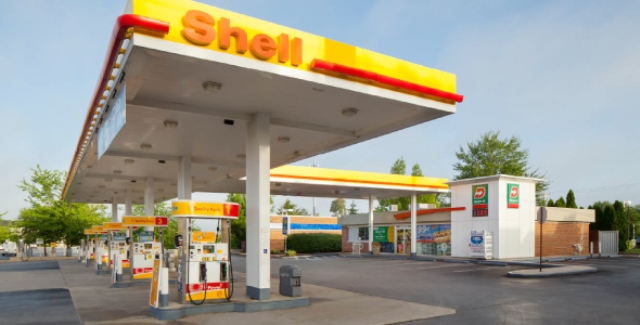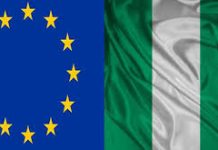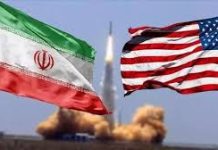Vivo Energy Plc., the operator of Shell petrol stations across Africa, on Friday, launched at the London Stock Exchange, the largest Initial Public Offer (IPO), so far this year, and the largest Africa-focused IPO in more than a decade, valued at nearly £2bn ($2.7 billion).
According to a Reuters report, the initial offer price for the just under 30 percent of the company floated equity was set at 165 pence per share and the shares advanced to 169.50 pence in conditional trading.
The company is the downstream fuels joint venture of energy trading house Vitol and Helios Investment Partners, which are cutting their stakes. It sells Shell-branded fuels and lubricants at nearly 2,000 filling stations in 15 African countries.
“It’s a success,” said Vivo chief executive Christian Chammas. “The offer was seriously oversubscribed.”
“Our success comes from the success of Africa,” he said, noting that the average growth rate in the countries where the company operates is roughly four percent per year.
“It’s a different environment,” he added.
The IPO is the largest Africa-focused London listing since Telecom Egypt raised 514 million pounds on a 2.662 billion pound valuation in December 2005 and the most significant since Seplat raised $500 million in a 2014 IPO with a market capitalization of $1.9 billion.
Mr. Chammas said the listing would allow the company to join the benchmark FTSE 250 index.
This follows an aborted IPO plan from Vitol’s European downstream venture, Varo Energy, which pulled its Amsterdam flotation last month.
Varo said global trade disputes had adversely affected other European initial public offerings.
The offer of 332.2 million shares equates to 548 million pounds representing 27.7 percent of the company.
“It creates liquidity for the primary shareholders, and will bring Vitol’s ownership down to 40 percent, from 55 percent, and that of Helios to 30 percent, from 44 percent”, Mr. Chammas said.
JPMorgan, Citigroup and Credit Suisse led the listing.
Vivo reported adjusted earnings before interest, tax, depreciation, and amortization of $376 million in 2017, up from $302 million in 2016.
It also expects to close by the end of the year a deal to buy 300 filling stations from South Africa’s Engen, which will expand its business to nine additional African countries.













